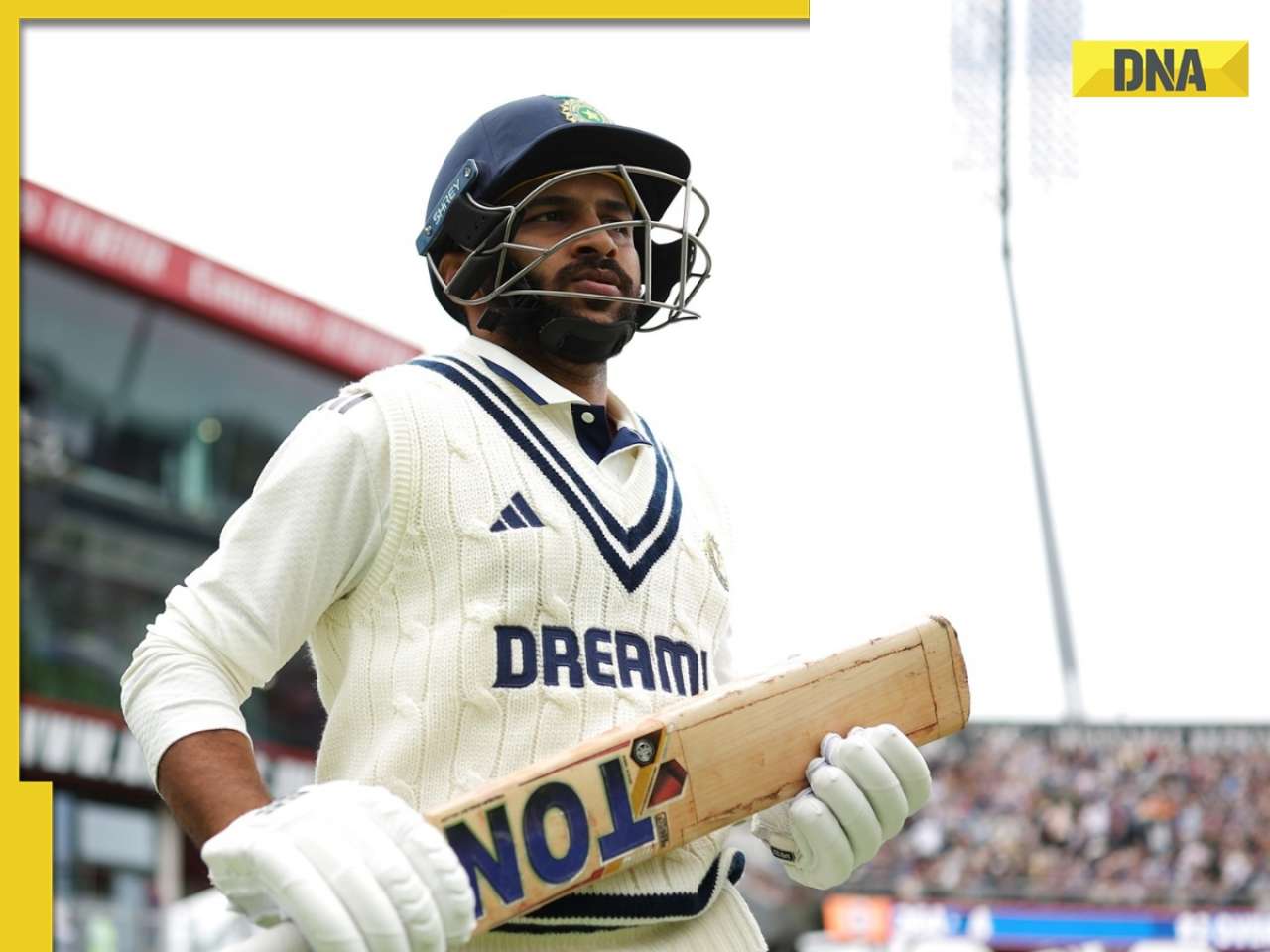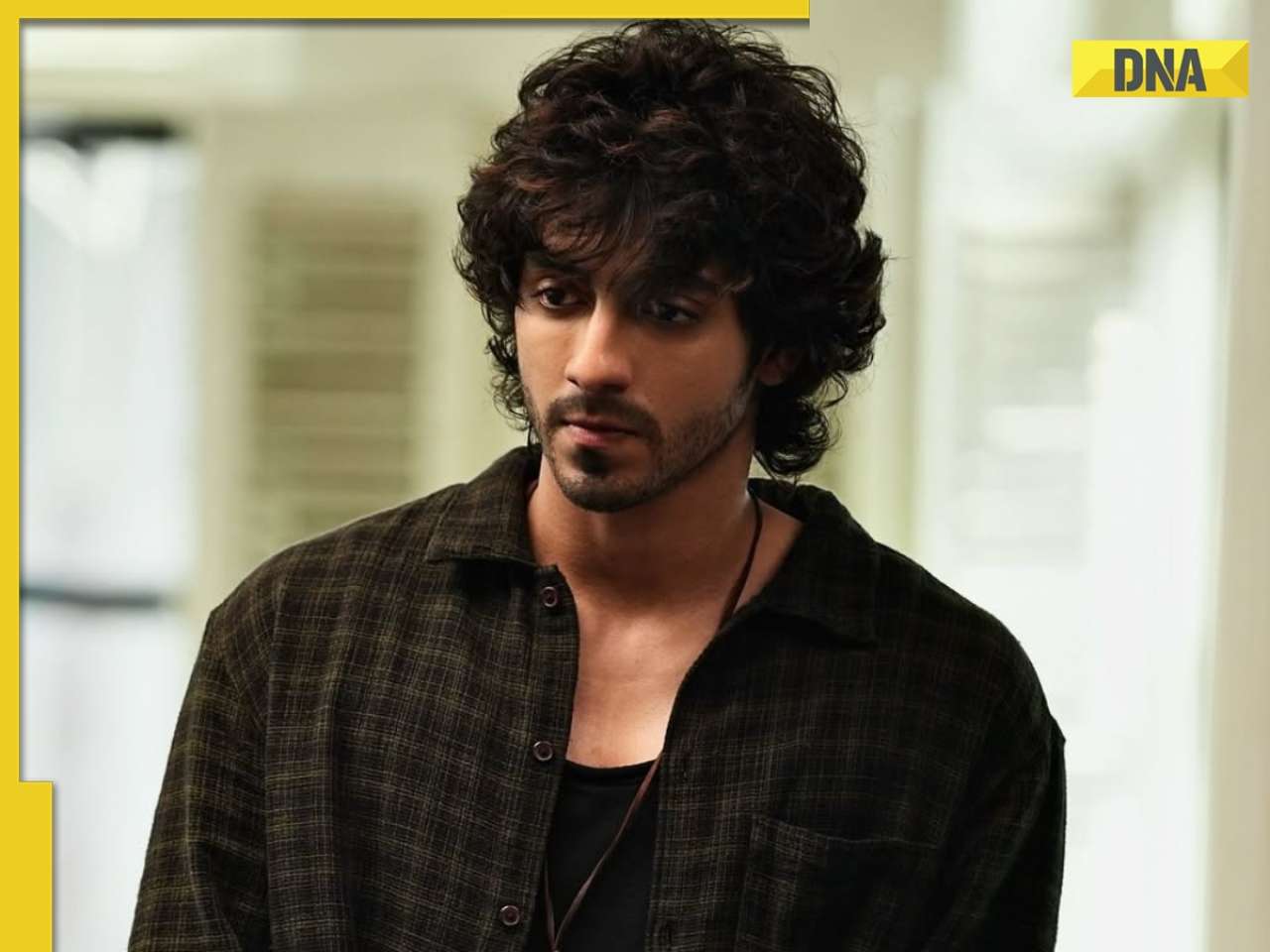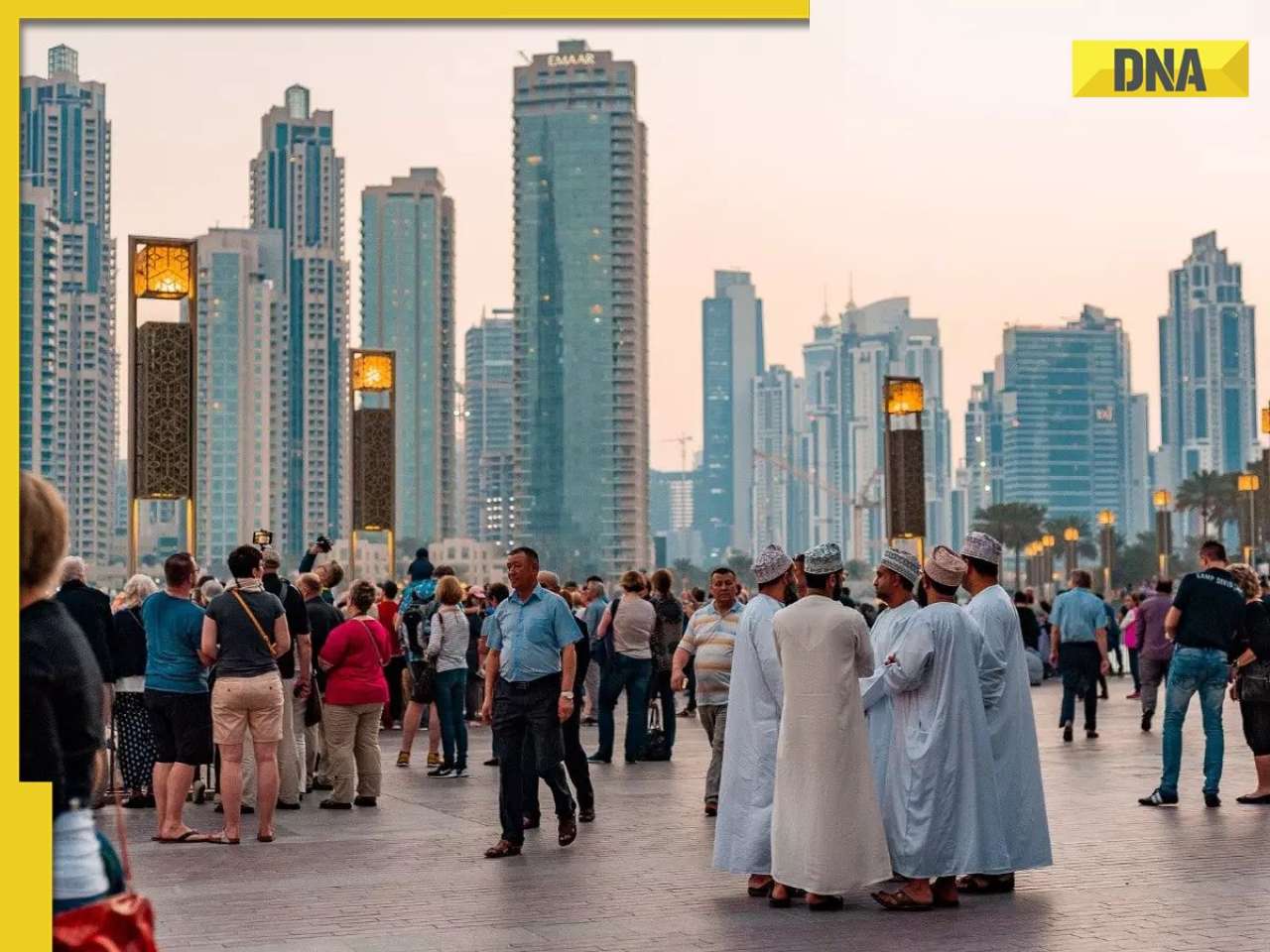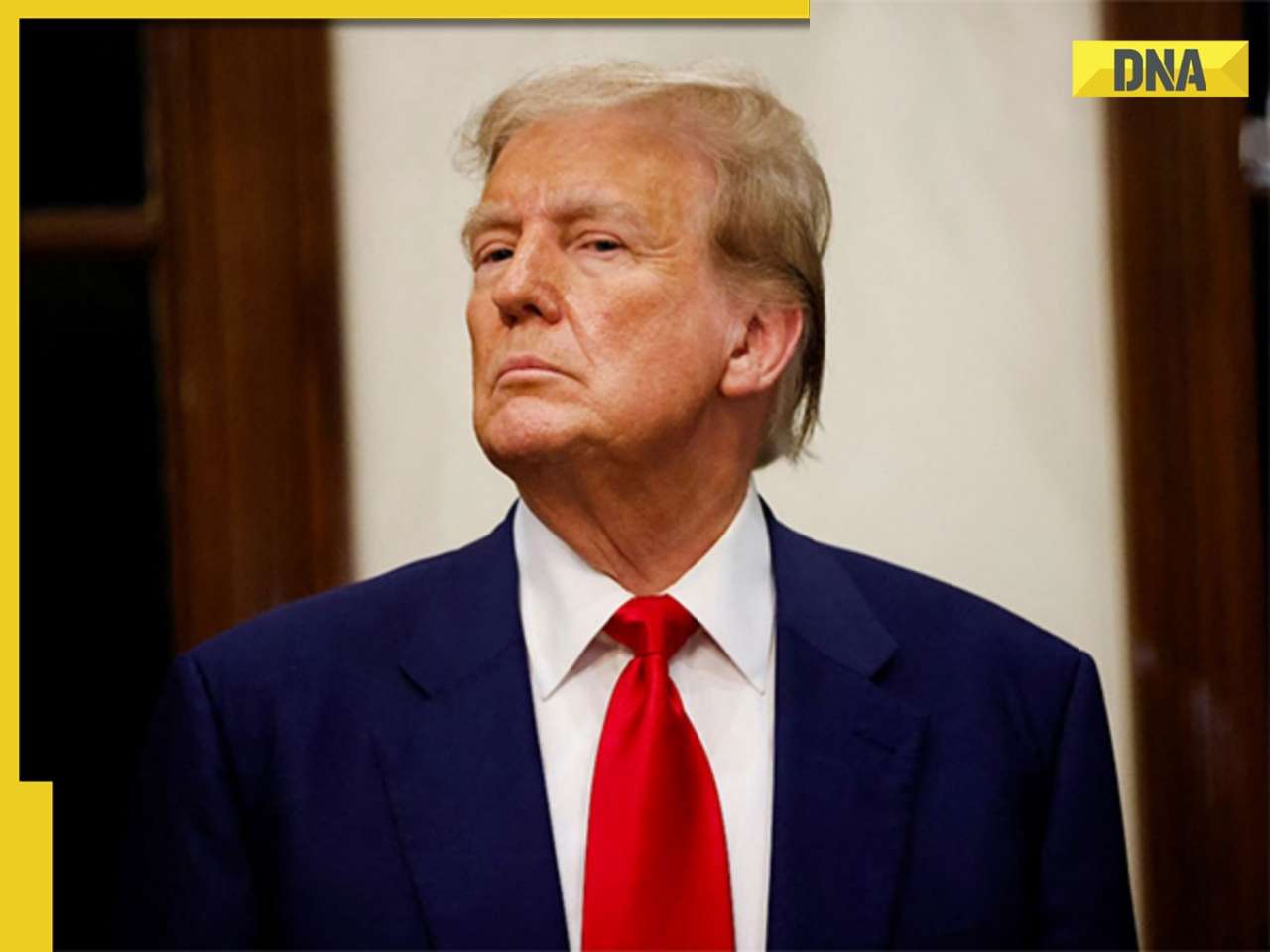Narendra Modi is the first Prime Minister born after independence and the longest-serving from a non-Hindi state. Narendra Modi, 74, took oath as Prime Minister for the first time on May 26, 2014 and has served a total of 11 years and 60 days in office to date.
Prime Minister Narendra Modi on Friday marked a major milestone in the country's history, becoming the second-longest-serving PM of India in consecutive terms, surpassing the record of former Prime Minister Indira Gandhi. Notably, he is the first non-Congress Prime Minister to mark this achievement. Additionally, Narendra Modi is the first Prime Minister born after independence and the longest-serving from a non-Hindi state. Narendra Modi, 74, took oath as Prime Minister for the first time on May 26, 2014 and has served a total of 11 years and 60 days in office to date.
The erstwhile Prime Minister Indira Gandhi had served for 11 years 59 days in office in consecutive terms. She held the highest office as Prime Minister of India from January 24, 1966 - March 24, 1977.
Who was the longest-serving PM of India?
Jawaharlal Nehru, the first Prime Minister of India, holds the record for the longest-serving Prime Minister in consecutive terms, spanning 16 years and 286 days, from August 15, 1947, to May 27, 1964.
The first Prime Minister born after India's independence, Prime Minister Modi, has previously served as the Prime Minister of India from 2014 to 2019 and from 2019 to 2024. He also has the distinction of being the longest-serving Chief Minister of Gujarat, with his term spanning from October 2001 to May 2014
In the 2014 and 2019 Parliamentary elections, PM Modi led the Bharatiya Janata Party to record Lok Sabha wins, securing an absolute majority on both occasions. The last time a political party secured such an absolute majority was in the 1984 elections, in which Congress secured a landslide victory.
What are the notable decisions taken by PM Modi during his term?
Prime Minister Modi-led government has also taken several notable decisions during his term, including the Abrogation of Article 370, the abolition of Triple Talaq, the construction of Ram Janmbhoomi Temple in Ayodhya, the Waqf Amendment Act, etc.
Inspired by the motto 'Sabka Saath, Sabka Vikas, Sabka Vishwas', Prime Minister Modi has ushered in a paradigm shift in governance, leading to inclusive, development-oriented, and corruption-free governance. The Prime Minister has worked with speed and scale to realise the aim of Antyodaya, or ensuring the last-mile delivery of schemes and services.
Leading international agencies have noted that under the leadership of PM Narendra Modi, India has been eliminating poverty at a record pace. According to the findings from NITI Aayog's latest report 'Multidimensional Poverty in India since 2005-06', almost 25 crore people escaped multidimensional poverty in the last nine years. The credit for this remarkable achievement goes to the significant initiatives of the government to address all dimensions of poverty.
How many Prime Ministers has India had since 1947?
Since gaining Independence in 1947, India has had 14 prime ministers. Jawaharlal Nehru, the country's first prime minister, held office from August 15, 1947, initially leading the Dominion of India until January 26, 1950, and subsequently the Republic of India until his passing in May 1964. Notably, India's first general elections after independence took place in 1952.
 Taylor Swift gives sassy reply to ex-boyfriend Matty Healy's mom's jibe: 'She has to take...'
Taylor Swift gives sassy reply to ex-boyfriend Matty Healy's mom's jibe: 'She has to take...'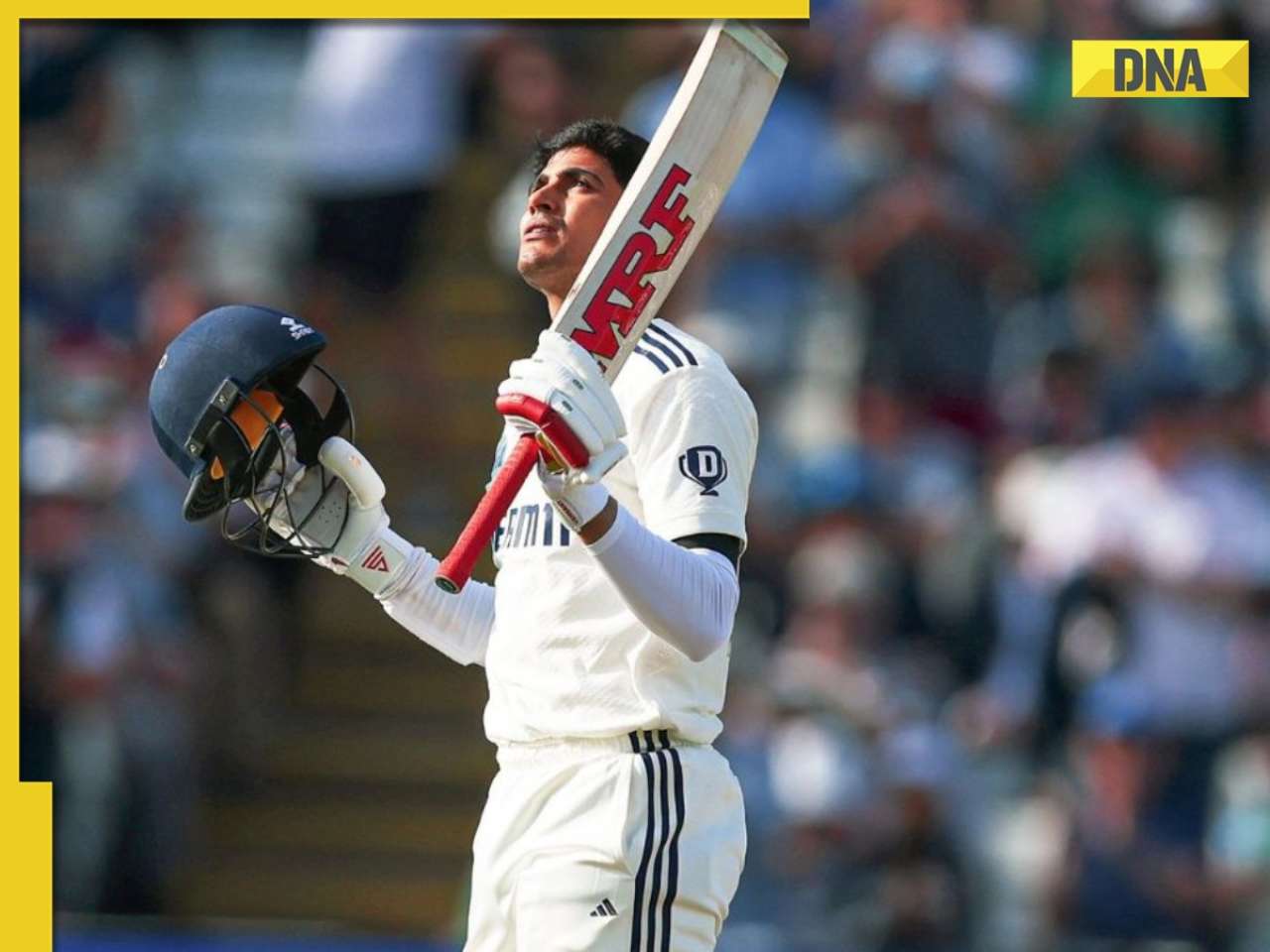 IND vs ENG: Shubman Gill breaks Virat Kohli's 9-year-old record of..., now eyes Sunil Gavaskar's legendary Test feat
IND vs ENG: Shubman Gill breaks Virat Kohli's 9-year-old record of..., now eyes Sunil Gavaskar's legendary Test feat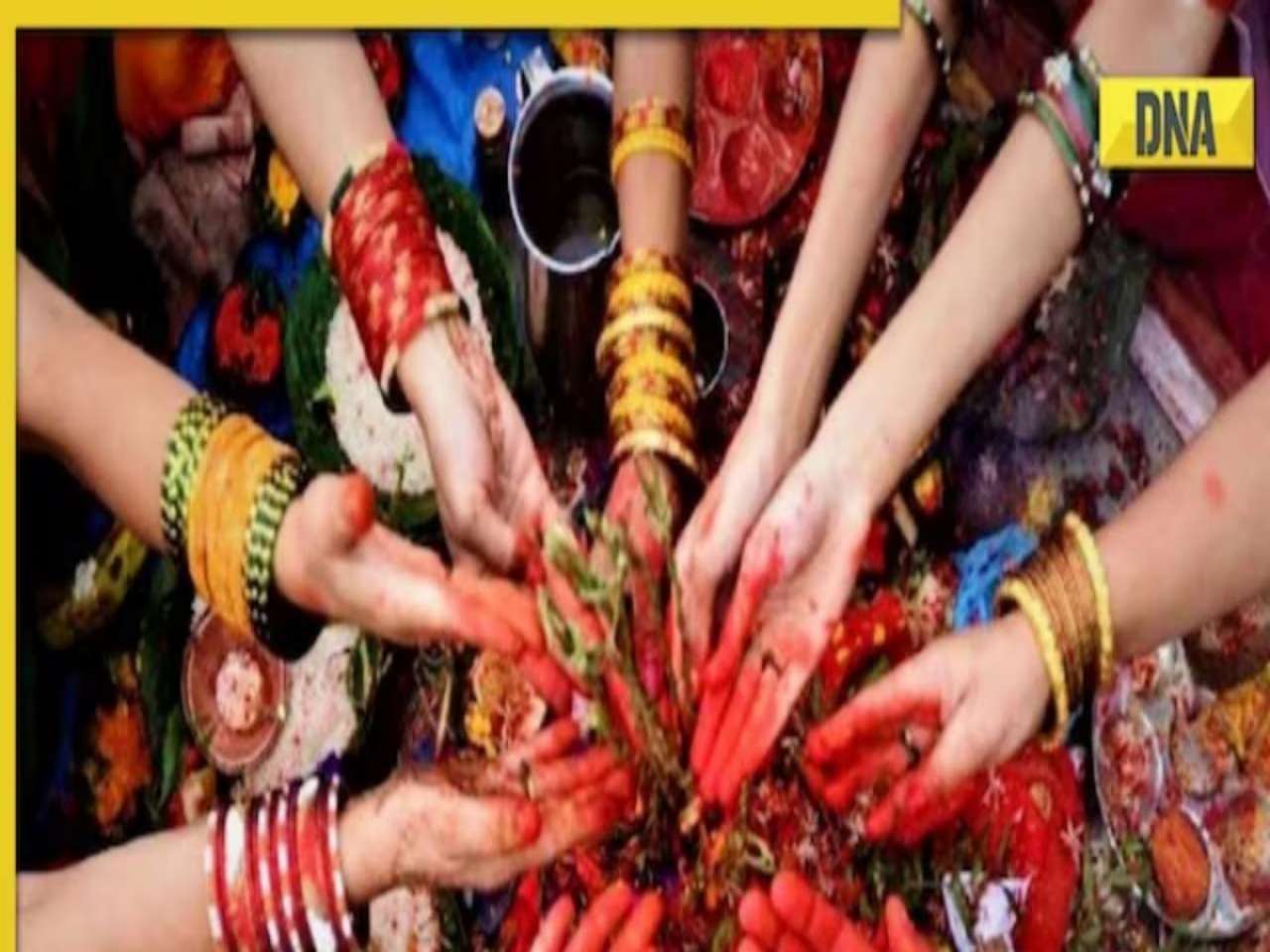 Hariyali Teej 2025: Top wishes, greetings, quotes, messages and WhatsApp status
Hariyali Teej 2025: Top wishes, greetings, quotes, messages and WhatsApp status Amid US President Donald Trump 'golf-heavy' visit to Scotland, protests erupts in major cities with anti-Trump slogans, 'FELON 47 NOT...'
Amid US President Donald Trump 'golf-heavy' visit to Scotland, protests erupts in major cities with anti-Trump slogans, 'FELON 47 NOT...'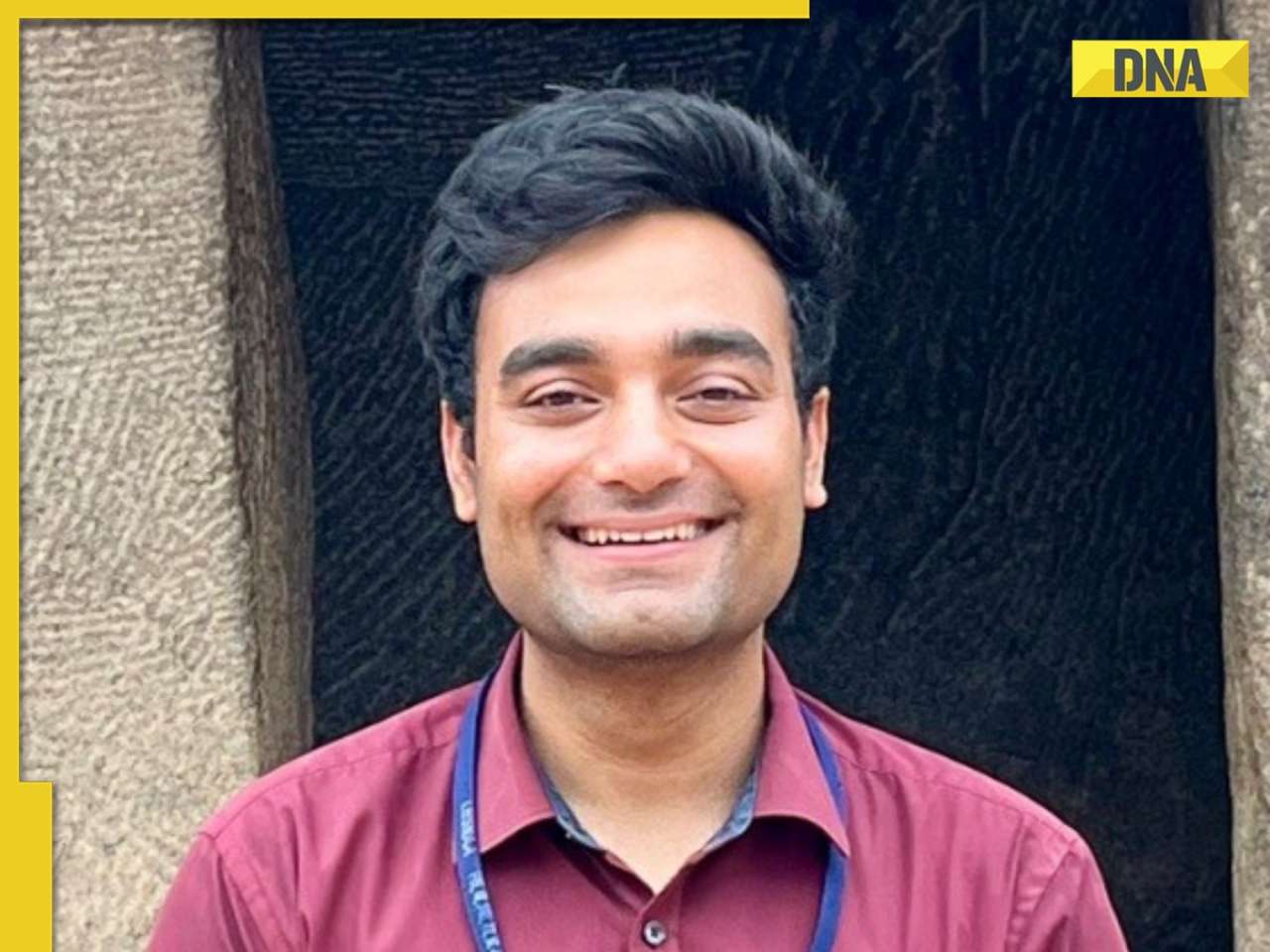 Meet man, son of tea seller, who cracked UPSC exam thrice without any coaching to become IAS officer, his AIR was..., he is currently posted in...
Meet man, son of tea seller, who cracked UPSC exam thrice without any coaching to become IAS officer, his AIR was..., he is currently posted in... 7 stunning images of Galactic 'Fossil' captured by NASA
7 stunning images of Galactic 'Fossil' captured by NASA Other than heart attacks or BP : 7 hidden heart conditions triggered by oily foods
Other than heart attacks or BP : 7 hidden heart conditions triggered by oily foods 7 most captivating space images captured by NASA you need to see
7 most captivating space images captured by NASA you need to see AI-remagined famous Bollywood father-son duos will leave you in splits
AI-remagined famous Bollywood father-son duos will leave you in splits 7 superfoods that boost hair growth naturally
7 superfoods that boost hair growth naturally Tata Harrier EV Review | Most Advanced Electric SUV from Tata?
Tata Harrier EV Review | Most Advanced Electric SUV from Tata?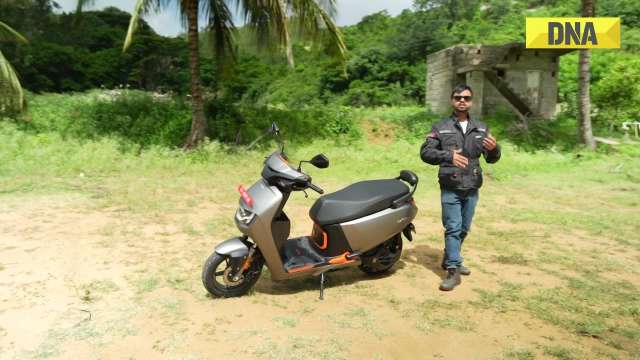 Vida VX2 Plus Electric Scooter Review: Range, Power & Real-World Ride Tested!
Vida VX2 Plus Electric Scooter Review: Range, Power & Real-World Ride Tested!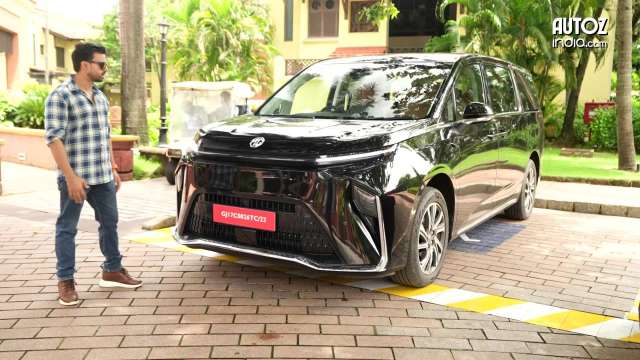 MG M9 Electric Review | Luxury EV with Jet-Style Rear Seats! Pros & Cons
MG M9 Electric Review | Luxury EV with Jet-Style Rear Seats! Pros & Cons Iphone Fold: Apple’s iPhone Fold Could Solve Samsung’s Biggest Foldable Problem | Samsung Z Fold 7
Iphone Fold: Apple’s iPhone Fold Could Solve Samsung’s Biggest Foldable Problem | Samsung Z Fold 7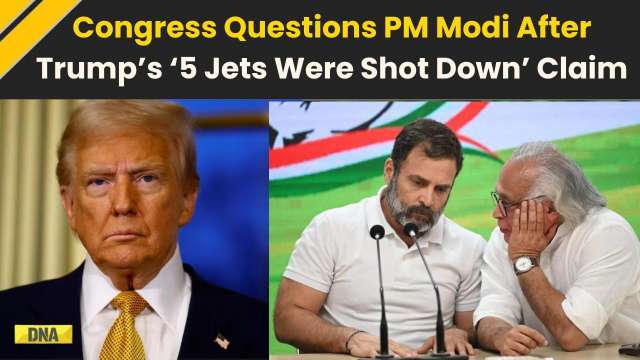 Trump News: Congress Seeks Answers On Trump's Alleged Mediation In Operation Sindoor
Trump News: Congress Seeks Answers On Trump's Alleged Mediation In Operation Sindoor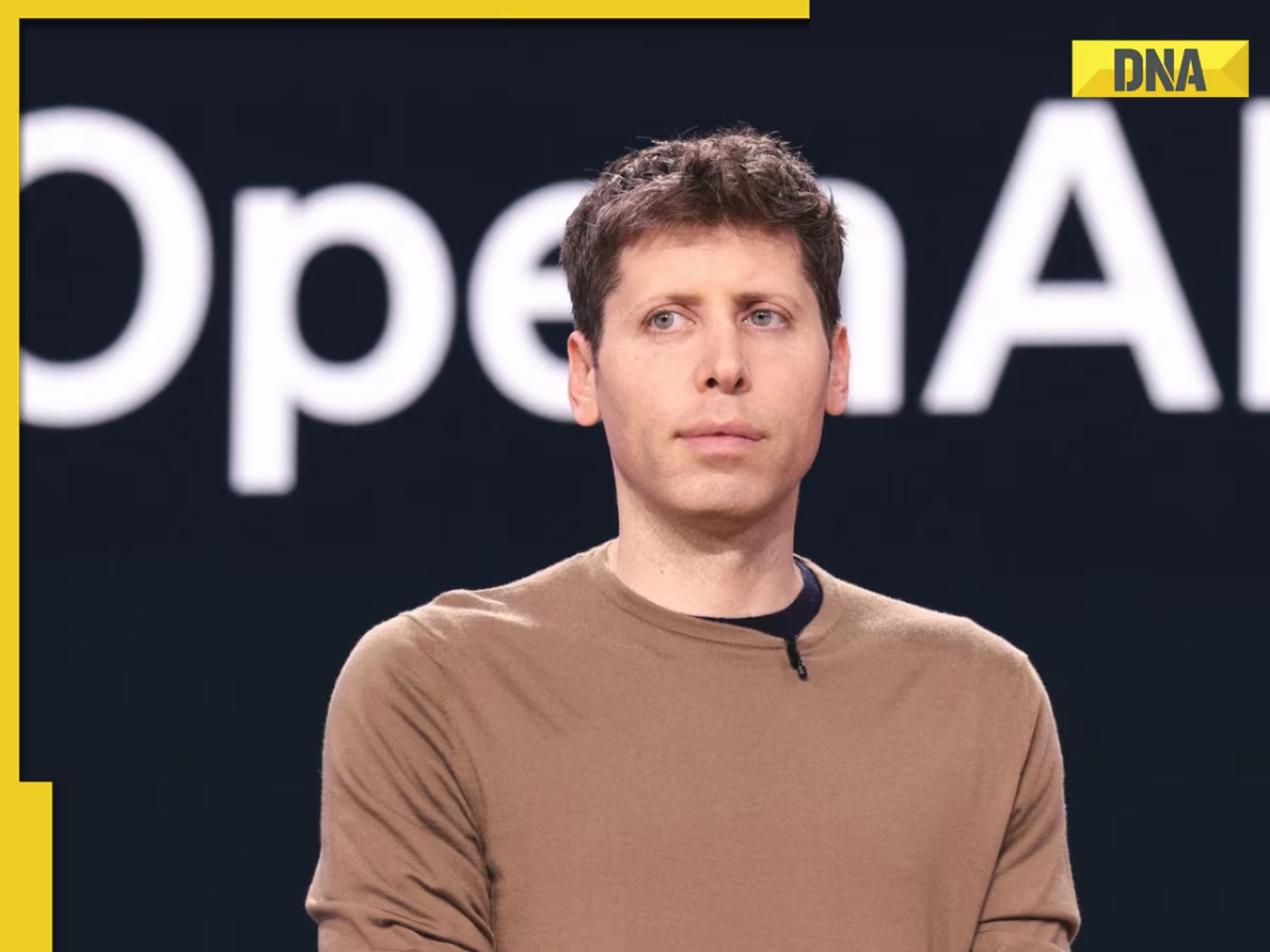 OpenAI CEO Sam Altman issues CHILLING warning, says conversations with ChatGPT are...
OpenAI CEO Sam Altman issues CHILLING warning, says conversations with ChatGPT are...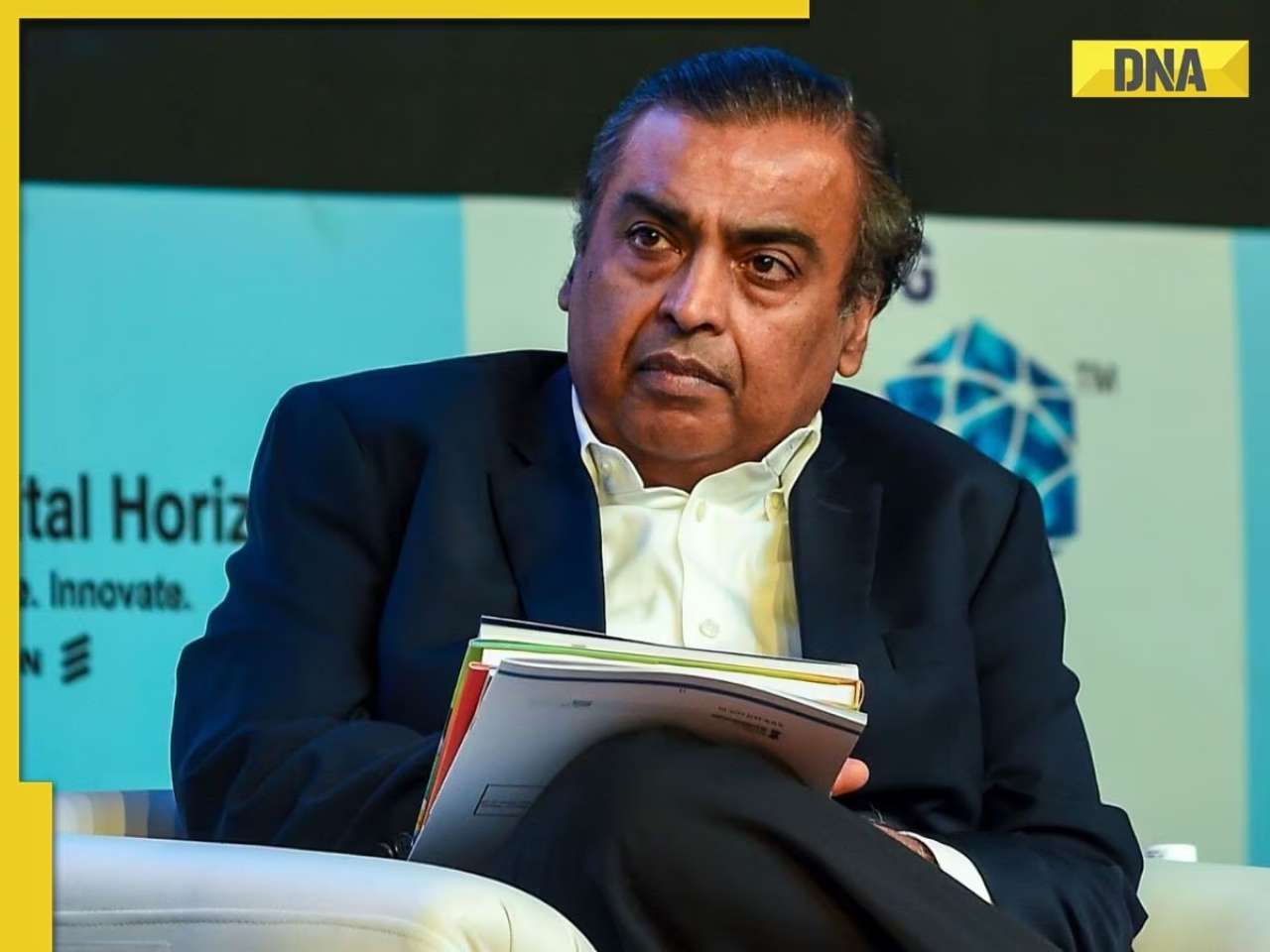 This man becomes world's highest-earning billionaire in 2025, beats Elon Musk and Jeff Bezos, Mukesh Ambani is at...
This man becomes world's highest-earning billionaire in 2025, beats Elon Musk and Jeff Bezos, Mukesh Ambani is at...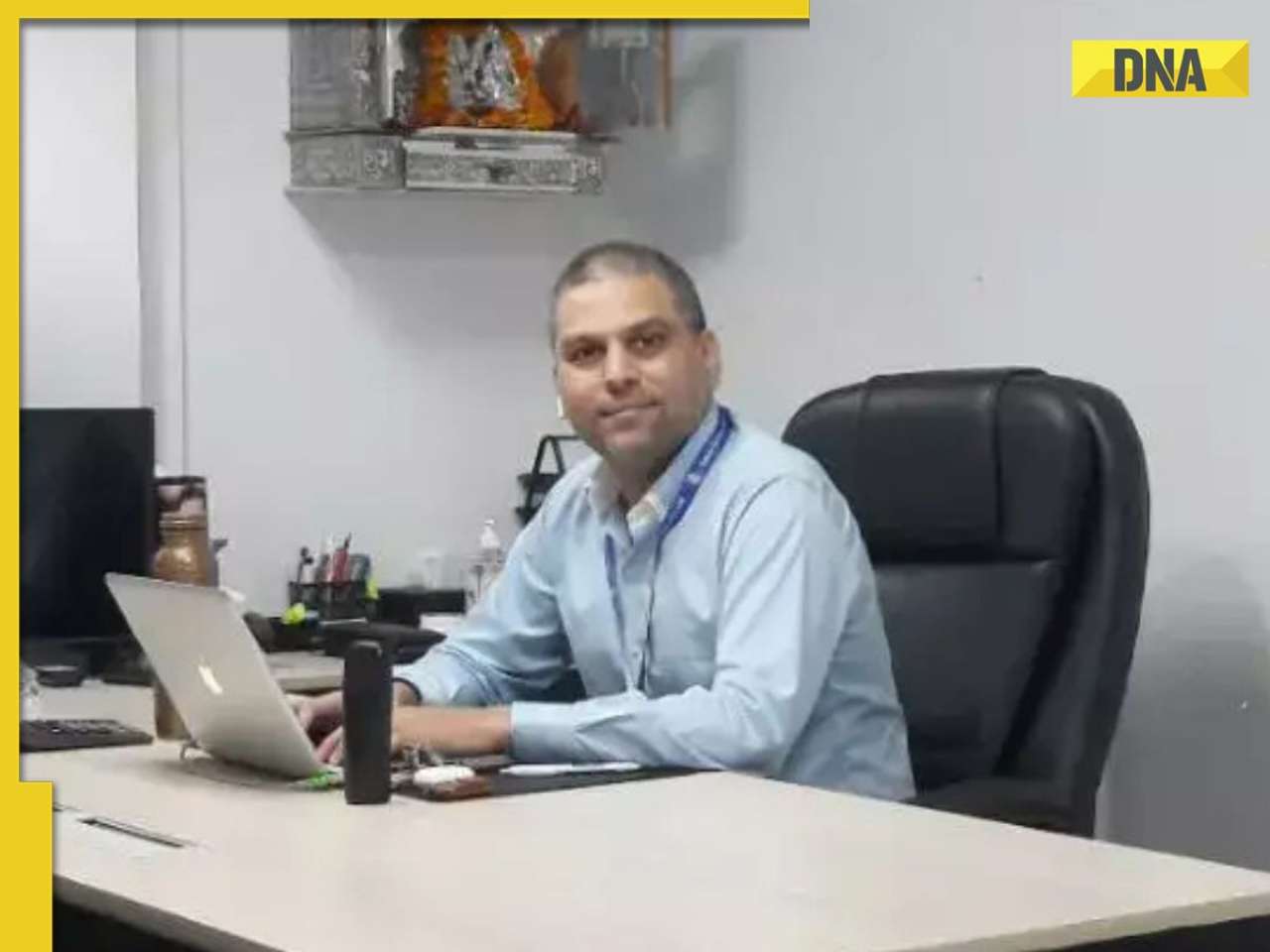 Meet man who built Rs 200,000,000 empire after two failed ventures, his business is..., net worth is Rs...
Meet man who built Rs 200,000,000 empire after two failed ventures, his business is..., net worth is Rs... Meet man, founder of app under govt lens, also owns Rs 1000000000 business, he is..., his educational qualification is...
Meet man, founder of app under govt lens, also owns Rs 1000000000 business, he is..., his educational qualification is...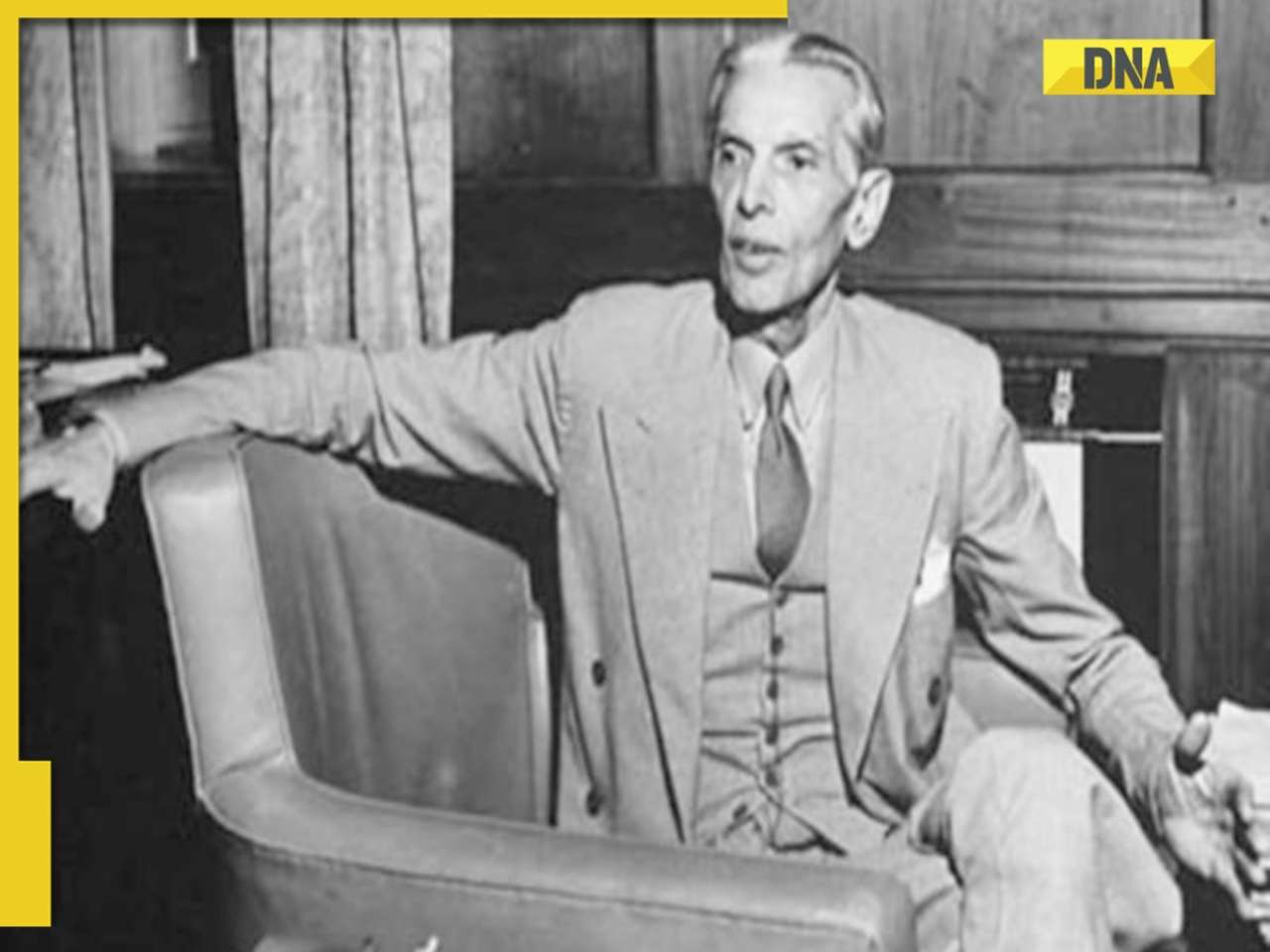 Jinnah wanted THIS Muslim man to be first Finance Minister of Pakistan, he refused, his son is on Forbes list of billionaires
Jinnah wanted THIS Muslim man to be first Finance Minister of Pakistan, he refused, his son is on Forbes list of billionaires Inside Ahaan Panday’s academic journey before his Bollywood debut in Saiyaara
Inside Ahaan Panday’s academic journey before his Bollywood debut in Saiyaara From Alia Bhatt to Anushka Sharma: 5 Bollywood moms who are redefining style
From Alia Bhatt to Anushka Sharma: 5 Bollywood moms who are redefining style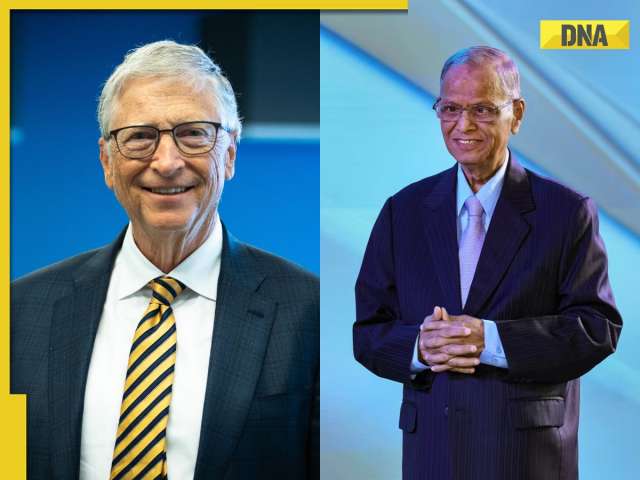 Want to think like a billionaire? Try these 5 habits followed by Bill Gates, Narayana Murthy and others
Want to think like a billionaire? Try these 5 habits followed by Bill Gates, Narayana Murthy and others In Pics: Tara Sutaria brings fairytale magic to ramp in a shimmering golden gown at ICW 2025
In Pics: Tara Sutaria brings fairytale magic to ramp in a shimmering golden gown at ICW 2025 From Love in the Moonlight to Moon Embracing the Sun: 7 must-watch K-dramas
From Love in the Moonlight to Moon Embracing the Sun: 7 must-watch K-dramas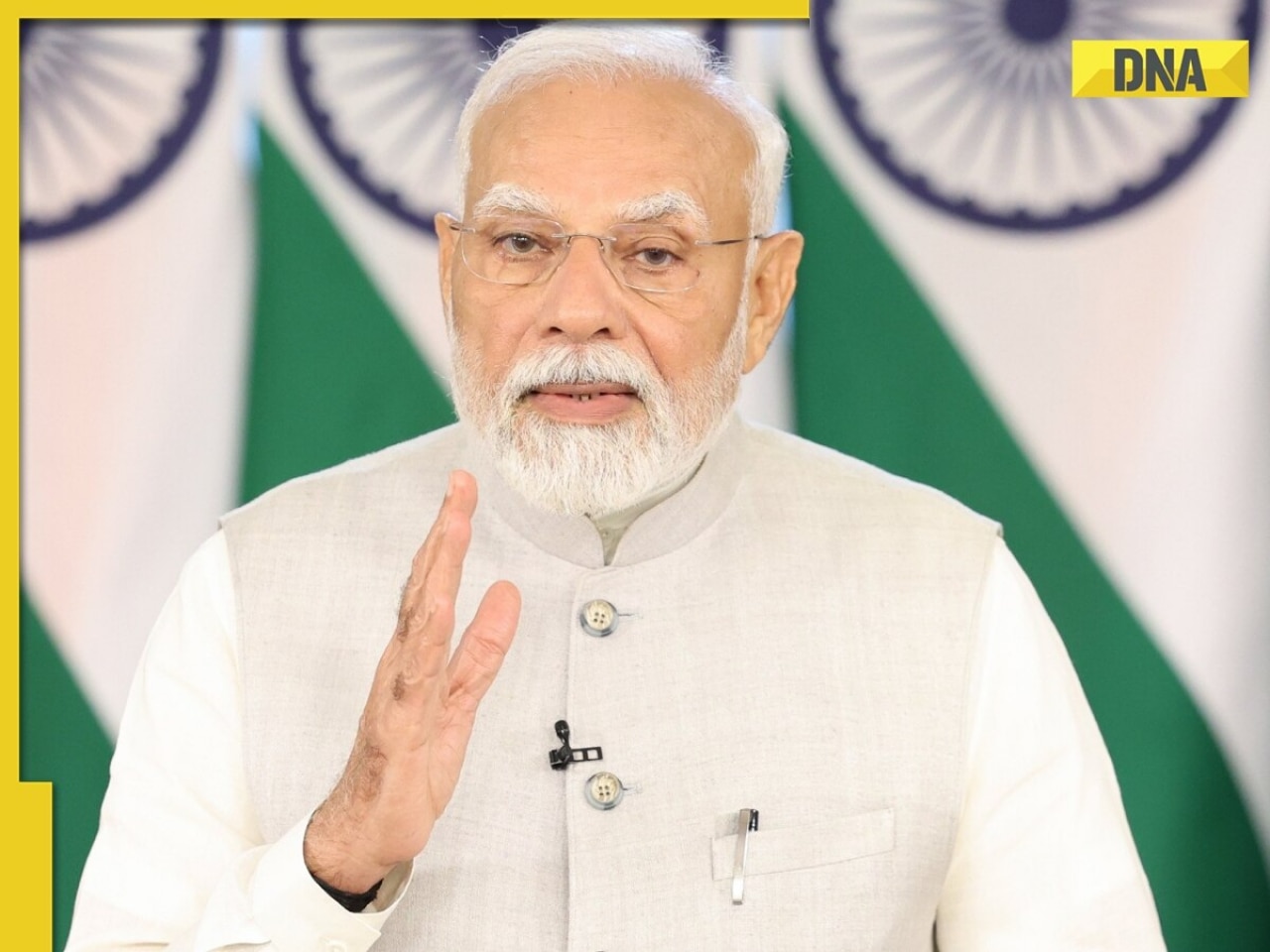 PM Modi issues BIG statement on India-UK trade deal, says, 'It shows growing trust of...'
PM Modi issues BIG statement on India-UK trade deal, says, 'It shows growing trust of...' SHOCKING! 1-year-old child bites cobra to death in THIS state: 'He was spotted with...'
SHOCKING! 1-year-old child bites cobra to death in THIS state: 'He was spotted with...'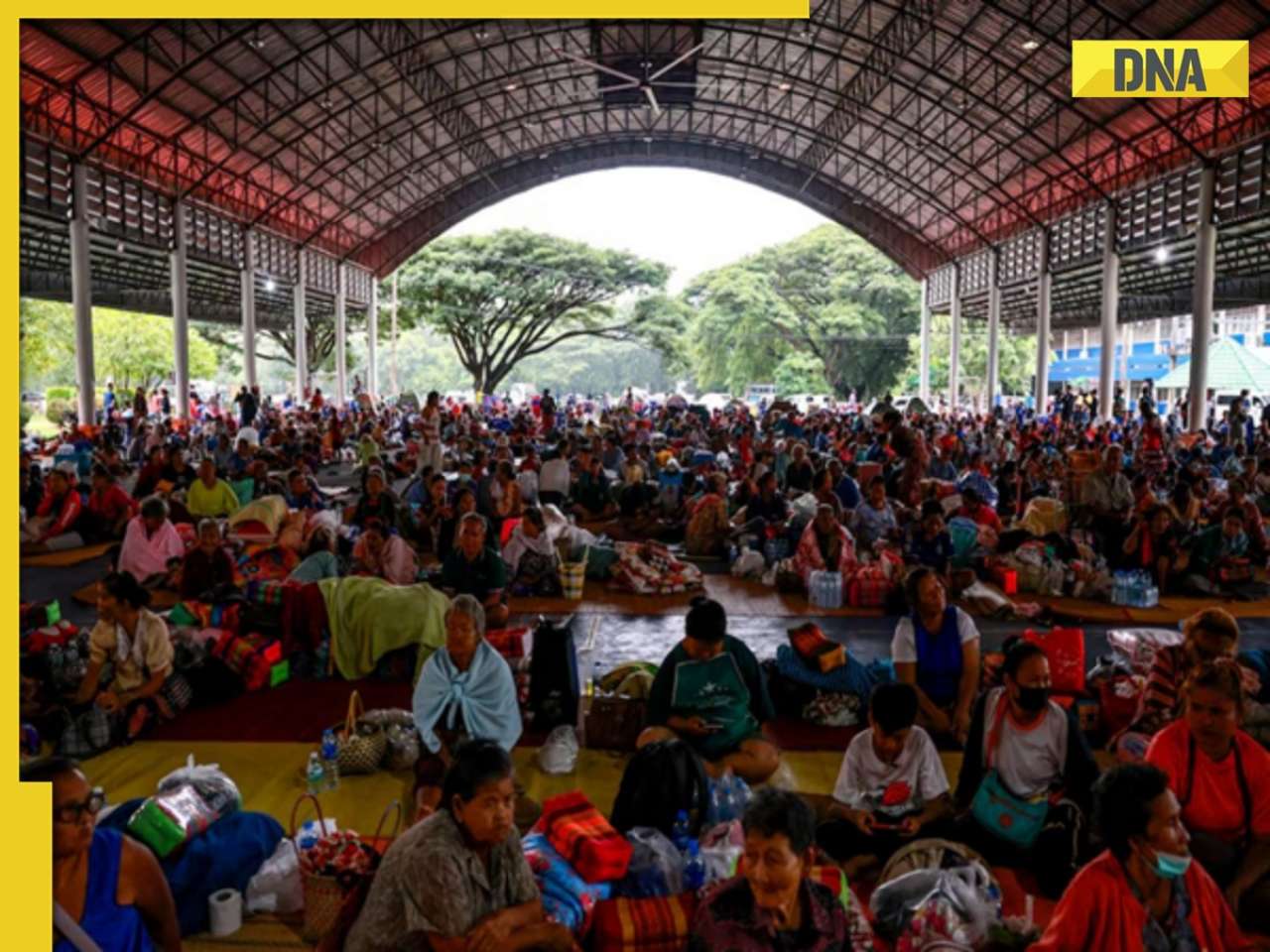 India appeals to Thailand, Cambodia to prevent escalation of hostilities: 'Closely monitoring...'
India appeals to Thailand, Cambodia to prevent escalation of hostilities: 'Closely monitoring...' NCERT to introduce dedicated module on 'Operation Sindoor' for students of Class...
NCERT to introduce dedicated module on 'Operation Sindoor' for students of Class... Mumbai Pune Expressway: 1 killed, many injured after nearly 20 vehicles crash in major accident
Mumbai Pune Expressway: 1 killed, many injured after nearly 20 vehicles crash in major accident Meet man, son of tea seller, who cracked UPSC exam thrice without any coaching to become IAS officer, his AIR was..., he is currently posted in...
Meet man, son of tea seller, who cracked UPSC exam thrice without any coaching to become IAS officer, his AIR was..., he is currently posted in...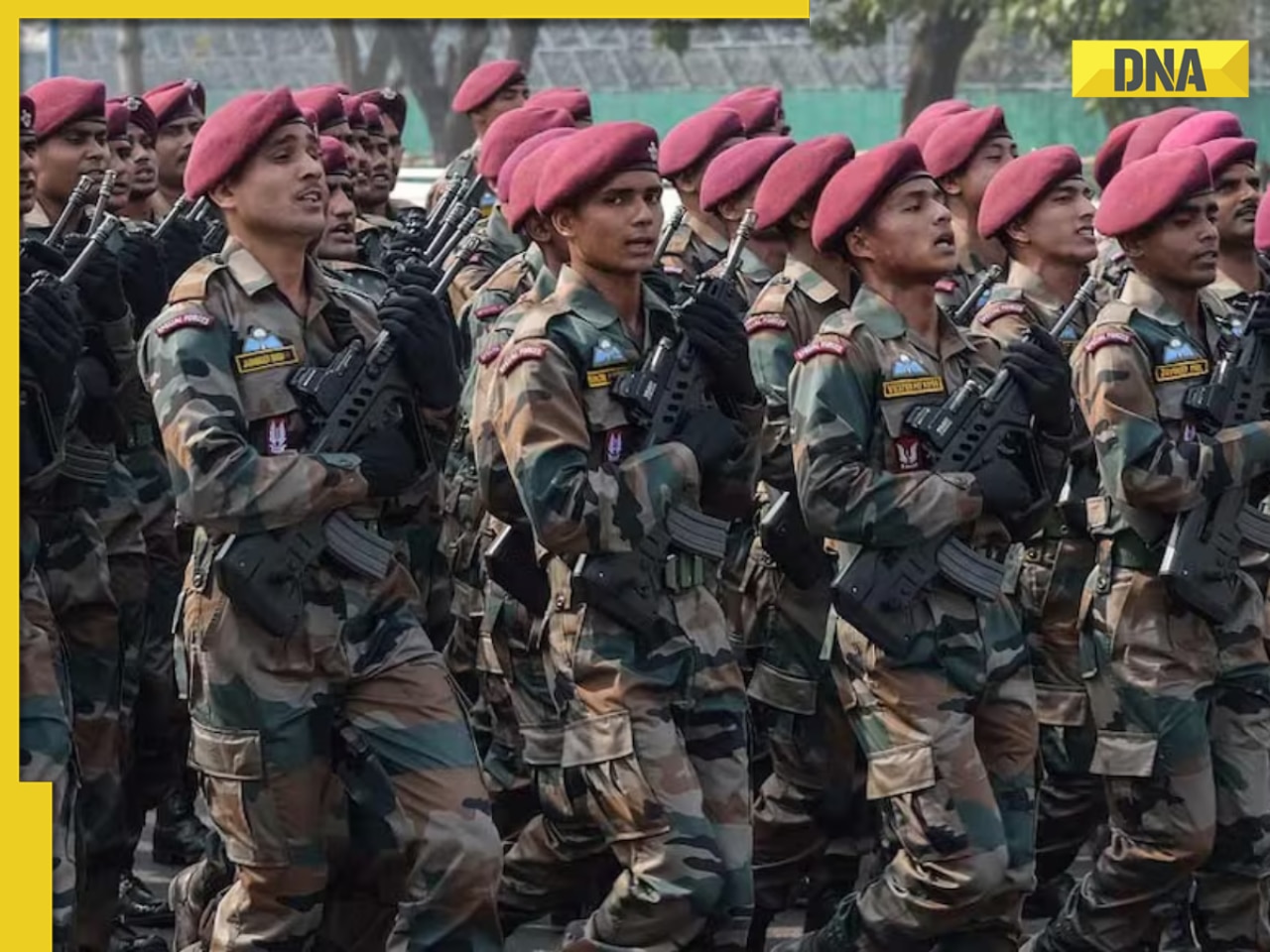 Indian Army Agniveer CEE 2025 result declared, here's how you can download it
Indian Army Agniveer CEE 2025 result declared, here's how you can download it Meet IPS officer, DU grad, who cracked UPSC exam in her third attempt, secured 992 out of 2025 marks with AIR..., now married to IAS...
Meet IPS officer, DU grad, who cracked UPSC exam in her third attempt, secured 992 out of 2025 marks with AIR..., now married to IAS...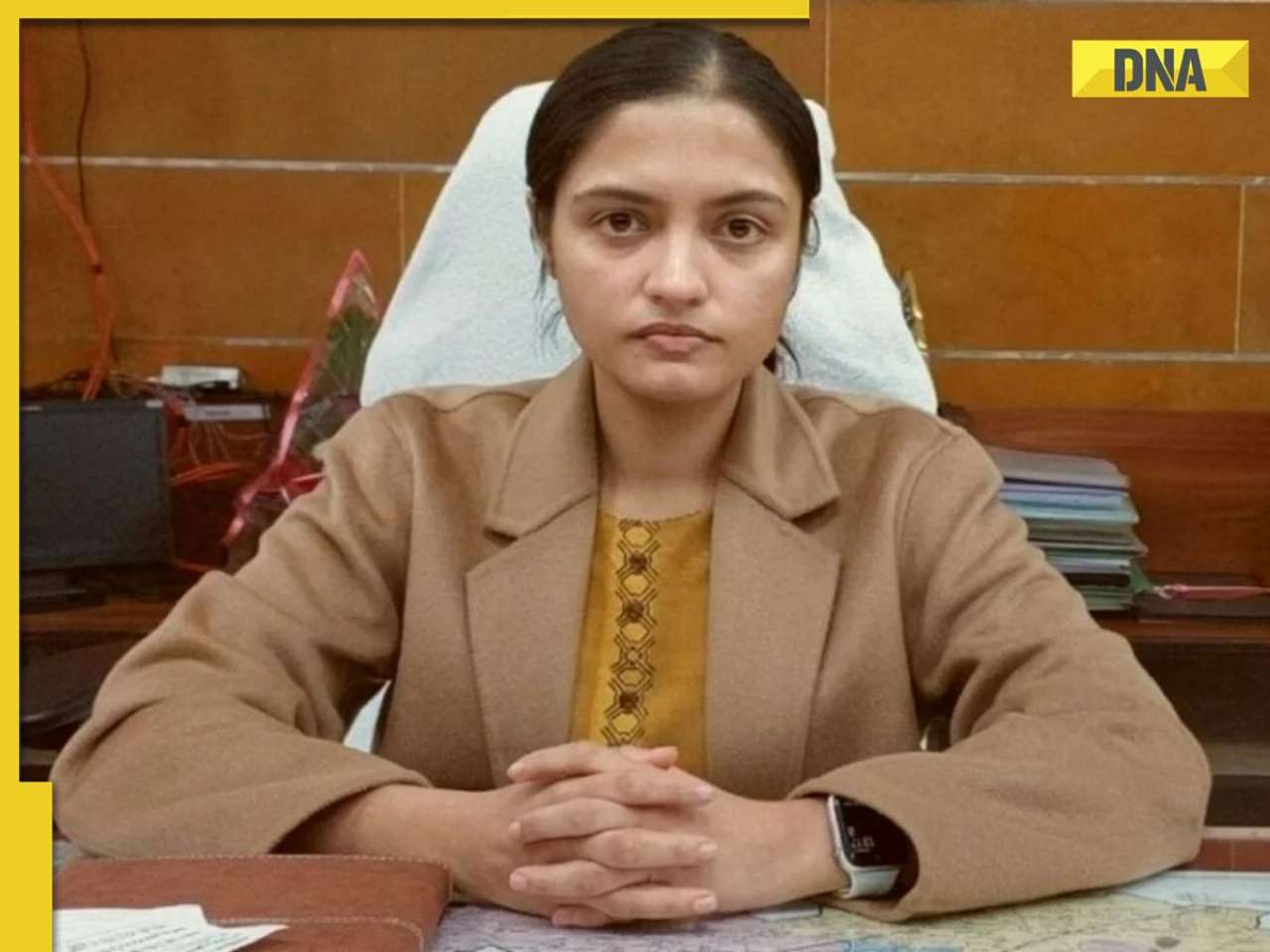 Meet woman, who studied MBBS, later cracked UPSC with AIR..., became popular IAS officer for these reasons, shares similarities with IAS Tina Dabi, she is from...
Meet woman, who studied MBBS, later cracked UPSC with AIR..., became popular IAS officer for these reasons, shares similarities with IAS Tina Dabi, she is from...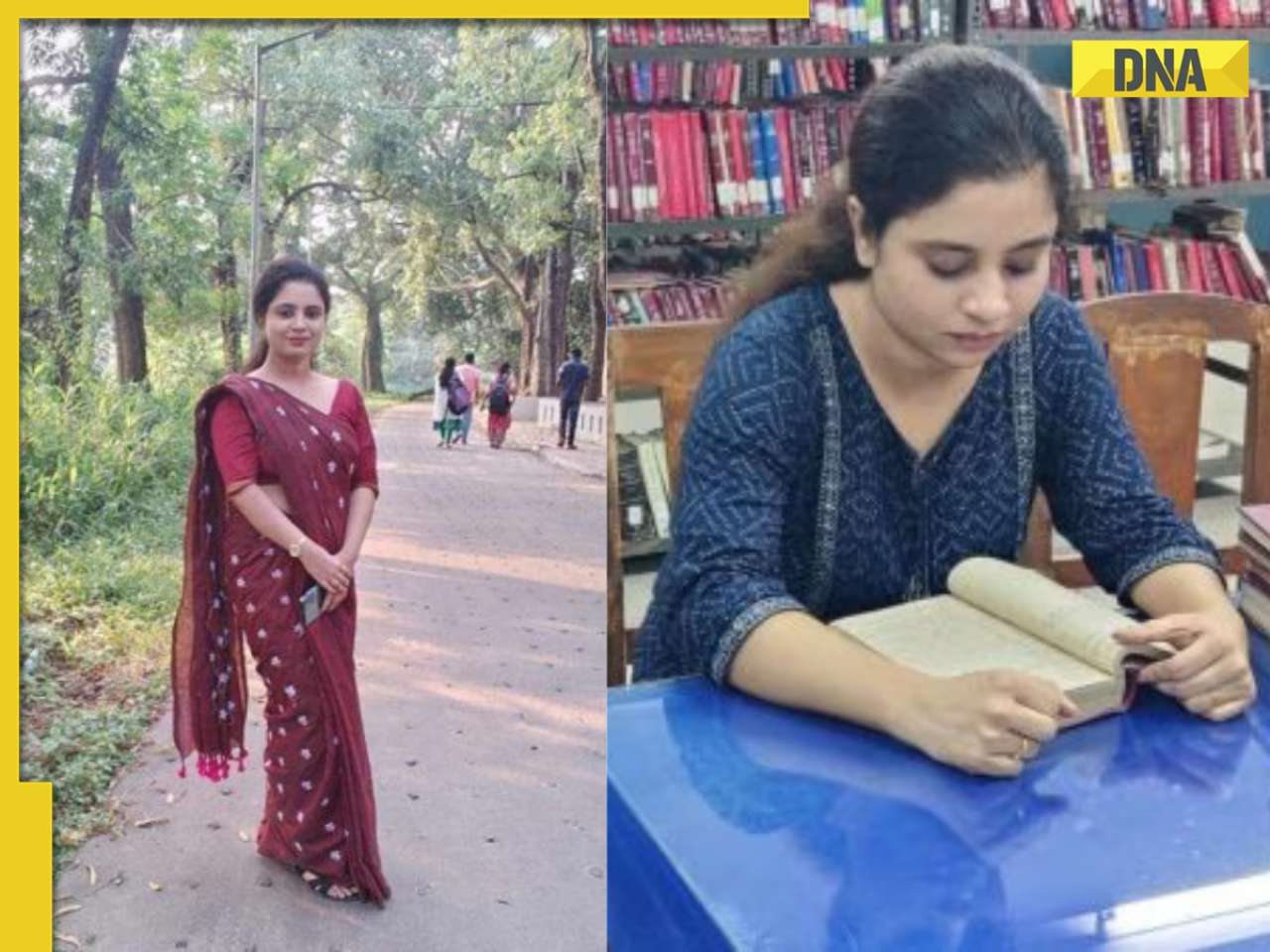 Meet Nilufa Yasmine, who topped UGC NET June exam, failed twice before scoring a perfect 100, she is from...
Meet Nilufa Yasmine, who topped UGC NET June exam, failed twice before scoring a perfect 100, she is from... Maruti Suzuki's e Vitara set to debut electric market at Rs..., with range of over 500 km, to launch on...
Maruti Suzuki's e Vitara set to debut electric market at Rs..., with range of over 500 km, to launch on...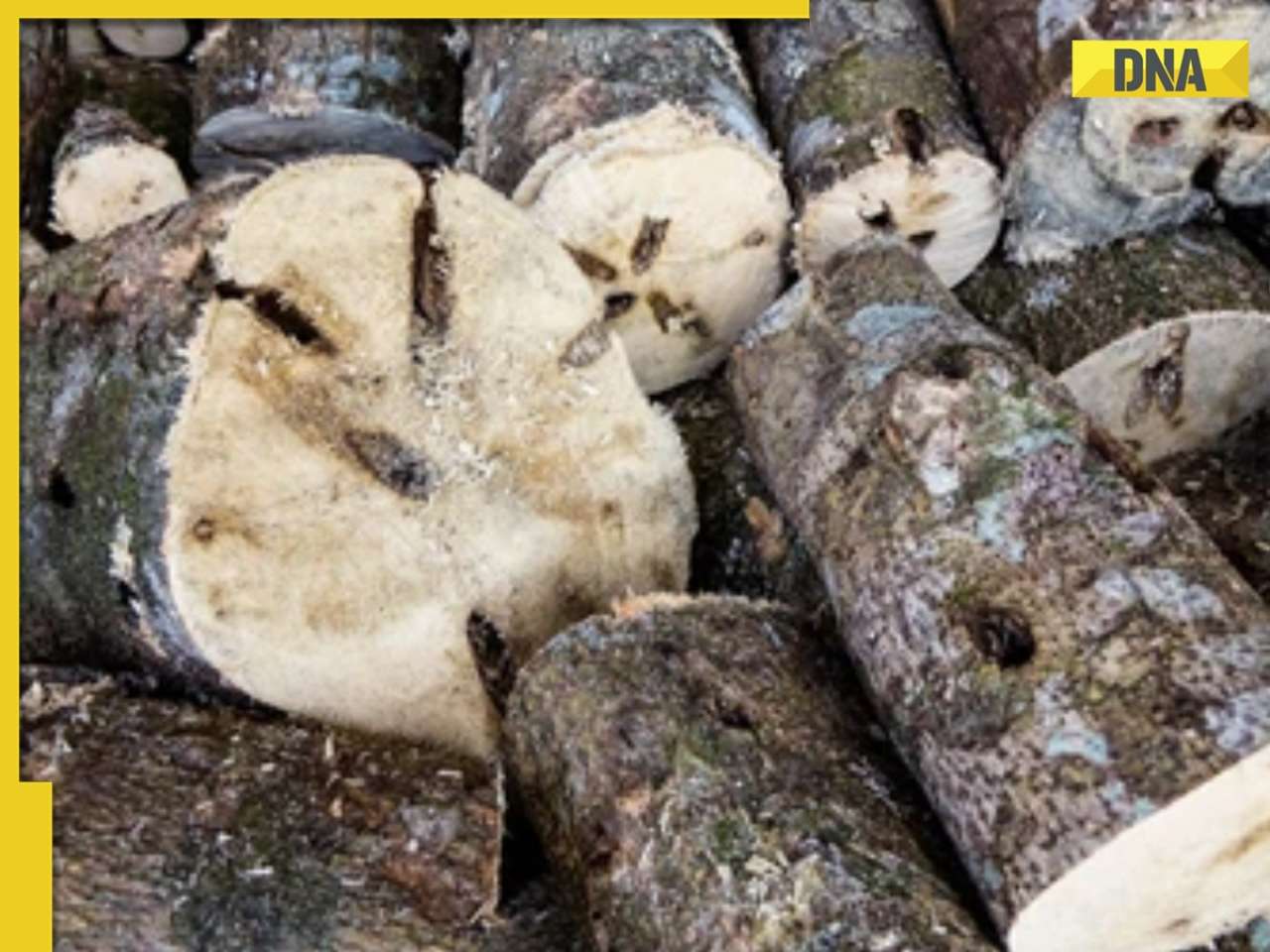 This is world’s most expensive wood, cost of 1kg wood is more than gold, its name is..., is found in...
This is world’s most expensive wood, cost of 1kg wood is more than gold, its name is..., is found in... This luxury car is first choice of Indians, even left BMW, Jaguar, Audi behind in sales, it is...
This luxury car is first choice of Indians, even left BMW, Jaguar, Audi behind in sales, it is... Kia India unveils Carens Clavis: Check features, design changes, price and more; bookings open on...
Kia India unveils Carens Clavis: Check features, design changes, price and more; bookings open on... Tesla CEO Elon Musk launches most affordable Cybertruck, but it costs Rs 830000 more than older version, it is worth Rs...
Tesla CEO Elon Musk launches most affordable Cybertruck, but it costs Rs 830000 more than older version, it is worth Rs...




)
)
)
)
)
)
)
)
)
)
)
)
)
)
)
)
